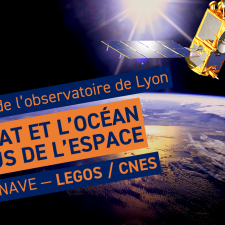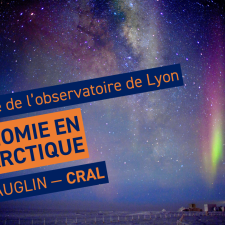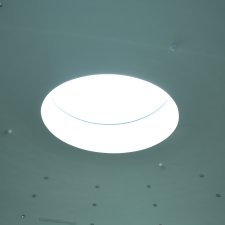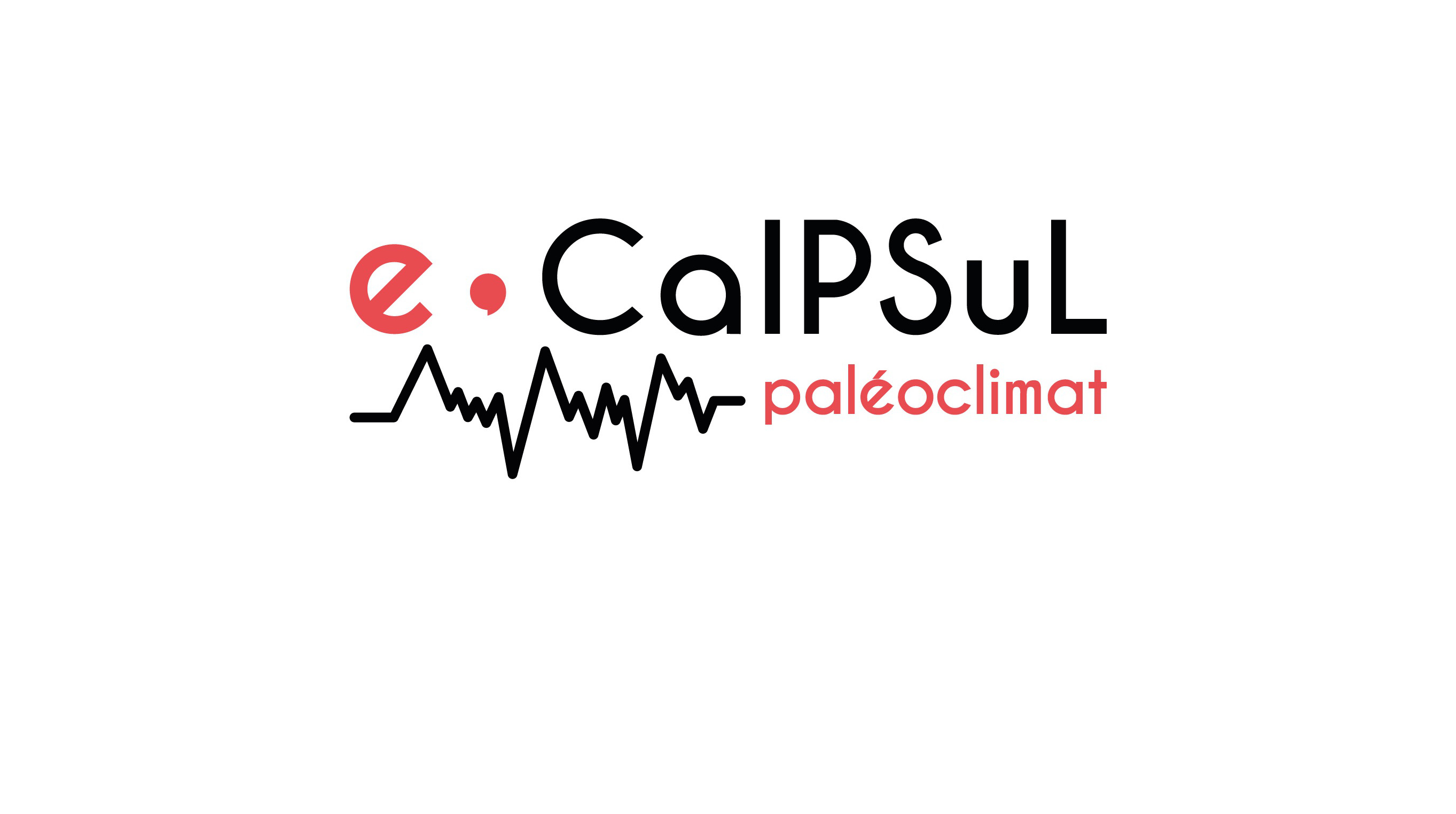Notice
Coral reef vulnerability to climate change : lessons from the past
- document 1 document 2 document 3
- niveau 1 niveau 2 niveau 3
Descriptif
David Mouillot, professor at the University of Montpellier, presents in this video (7'20) the problem of the responses of communities of living organisms to global changes, including climate change. He relies for this on the study of coral reefs which he discusses past, current and future dynamics.
Dans la même collection
-
EN - The Flexibility of Life in Biodiversity Scenarios
Ophélie Ronce, director of research at the CNRS, is interested in this video (9'52) to scenarios of biodiversity, field of research still quite young. She emphasizes the lack of consideration of the
-
Migrations in responses to Global Change
Ophélie Ronce, director of research at the CNRS, is interested in this video (6'32) to migrations, in response to environmental changes. She presents the current dynamics and looks at both the
-
The Rearrangement of Communities in Response to Global change
Frédéric Jiguet, professor at the National Museum of Natural History, is interested in this video (10'00) to the decline of specialist species in Europe, especially birds. This decline, linked to
-
Evolving Responses to Global Change
Ophélie Ronce, research director at the CNRS, is interested in this video (10'15) to the genetic dynamics of individuals in populations subject to environmental changes. On the basis of case studies,
-
Plastic responses to global change : leaf phenology
Senior lecturer at Paris Sud University, Nicolas Delpierre presents in this video (8'44) the tree responses to climate change, focusing particularly on the dormancy period and the dates of appearance
-
Plastic responses to global change
Anne Charmantier, director of research at the CNRS, explores in this video (8'41) one of the mechanisms of adaptation of species to the change of their environment. It is about the phenotypic
Sur le même thème
-
Changement climatique, fonte des glaces, réchauffement et hausse de l'océan : le rôle de l'observat…
CazenaveAnnyIl est à présent bien établi que les activités humaines sont la cause du changement climatique observé de nos jours. L'apport de l'observation spatiale, à l'aide de satellites en orbite autour de la
-
Vent et ville : atelier
GoffetteCharlotteCharlotte Goffette propose aux participants un atelier pour tester in situ ses petits instruments de mesure sensible du vent.
-
Vent et ville
GoffetteCharlotteCharlotte Goffette, chercheuse en design, anime une matinée consacrée à son travail sur le vent.
-
La recherche en milieu polaire (Dôme C, Antarctique)
VauglinIsabelleLa base scientifique de Concordia, en Antarctique, accueille toute l'année des chercheurs et des chercheuses qui viennent braver les conditions extrêmes du pôle Sud pour scruter l'Univers. Le
-
Laplace, le climat et nous
DhombresJeanLe TreutHervéavec Hervé Le Treut (climatologue) et Jean Dhombres (historien des sciences)
-
Le cycle du carbone perturbé par les émissions anthropiques
BoppLaurentUne présentation consacrée aux effets de l'action anthropique sur le cycle du carbone depuis le milieu du XXe siècle et les conséquences qui en découlent sur le climat.
-
le resilience assessment framework, un outil de diagnostic pour les villes et les secteurs s…
Par Maria Adriana Cardoso, chercheuse au Laboratoire du Génie Civil du Portugal, accompagnée de Maria João Telhado, Cheffe de division Environnement et énergie, Municipalité de Lisbonne dans le cadre
-
Atmospheric chemistry, pollution and climate change - Solène Turquety
How do atmospheric pollutants impact on the climate? What is the radiative impact of aerosols? Budget of the radiative impacts. What is the benefit to the climate of improving air quality? What
-
Renewable Energy and Climate Change - Riwal Plougonven
What does the IPCC (Intergovernmental Panel on Climate Change) recommend in terms of emissions for the decades to come? What are our sources of energy? How quickly has the breakdown of these primary
-
Weather extremes and climate change - Philippe Drobinski
How do weather conditions vary? What are extreme weather events? How do we define weather extremes?
-
Physical Chemistry of Atmospheric Pollution - Juan Cuesta
What are the most harmful air pollutants? What are the main impacts of these pollutants on health and the environment? What are the sources of these two major pollutants? What about ozone pollution
-
What do we measure in ice cores ? - Jean Jouzel
What do we measure in ice cores? The stable isotopes of water to to reconstruct past temperatures. To reconstruct the atmospheric composition of greenhouse gases. Future projects.

















